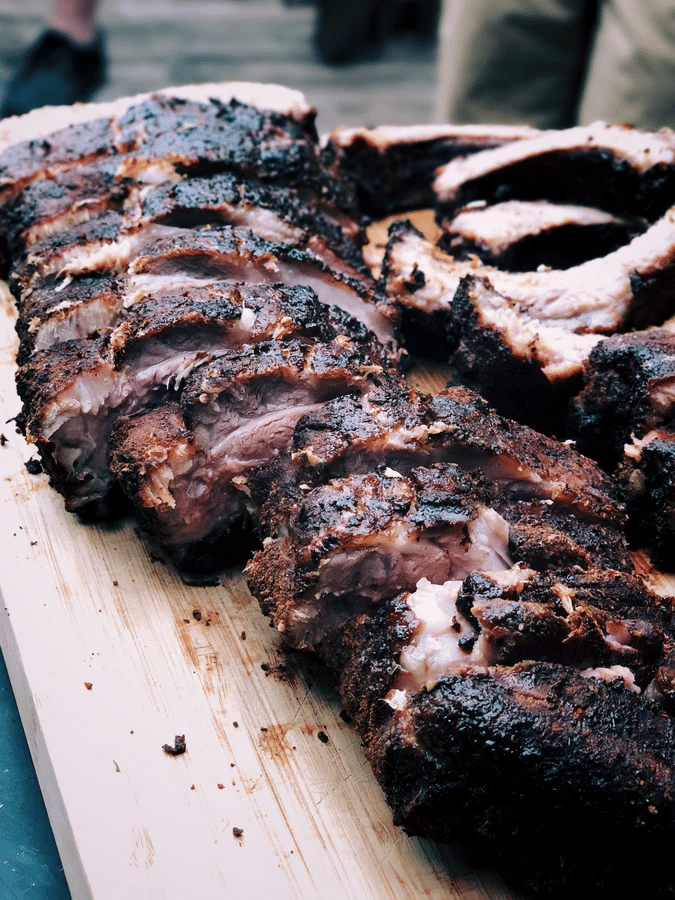


A favorite American pastime, a summer rite of passage, a tradition, a family affair, it doesn’t matter how you look at it, barbecues have a longstanding history, and for good reason! Who doesn’t love BBQ? But did you know BBQ actually began when a human ancestor called Homo erectus began cooking meat with fire about 1.8 million years ago, according to Planet Barbecue?
The act of barbecue has since spread like wildfire and now includes specialty sauces, slow-smoked meats, and side dishes to make your mouth water. Here are some facts about the history of barbecue, according to The Spruce Eats.
At Southbank Original Barbecue we pride ourselves on offering meaty favorites such as pulled pork, ribs, Tri-tip and homestyle creations like gumbo, meatloaf, lemon pepper chicken, and jambalaya. All of our BBQ is wood cooked, and our comfort food is homemade, served to order and delicious every time. We also make our own spice rubs, sauces, and side dishes. The unique options you have to choose from separate us from the competition. Southbank is OPEN for CARRYOUT ONLY! Checkout our carryout menu. We hope to open fully as soon as it is safe for our customers and employees. Stay safe and thank you! Check out our Facebook page, be sure to stop into Southbank Original Barbecue today for your carryout order, or call us: 630-385-2477.
Sources:
https://www.livescience.com/32724-whats-the-history-of-the-barbecue.html#:~:text=They%20began%20when%20a%20human,sauce%20originated%20in%20the%20Caribbean.
https://www.thespruceeats.com/history-of-barbecue-333603